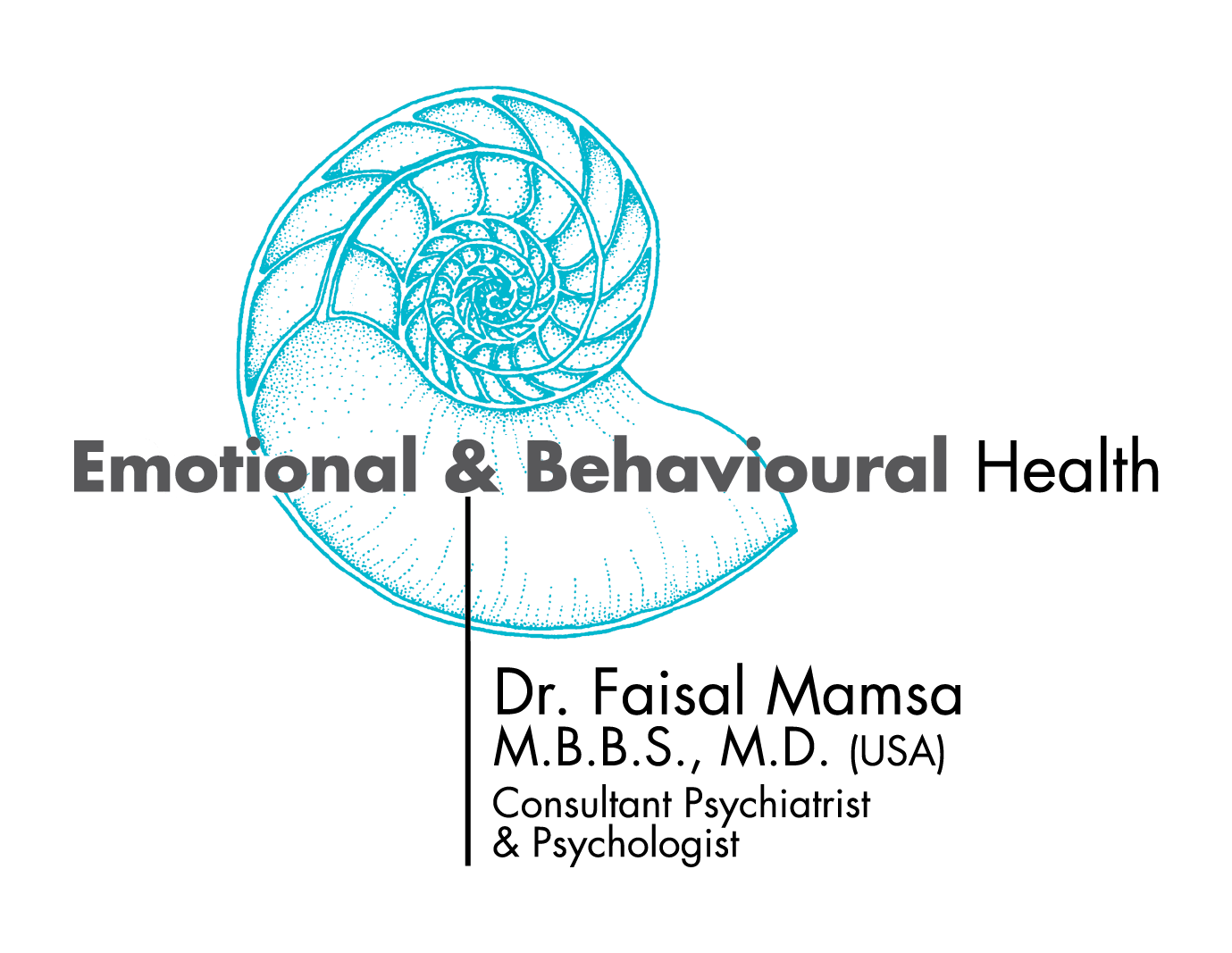What is Conversion Disorder?

Conversion disorder is a condition in which you have physical symptoms of a health problem but no injury or illness to explain the symptoms
For example, in this illness, there is difficulty moving limbs, risk of passing out, of experiencing seizures or having problems with one or more senses. The added frustration of not understanding the cause of the symptoms can take a mental toll on the person, which is why conversion disorders often co-occur with other mental disorders such as anxiety disorder and depression. Basically, your body converts the emotional and psychological stress caused by a distressing stimulus into the physical response like passing out or one limb not being able to function. It might seem strange, but your symptoms are real, and you can’t control them.
Are There Any Causes?
Researchers are still looking for a specific cause, but they think conversion disorder happens as a way for your brain to deal with emotional stress. Conversion disorders are almost always triggered by distressing situations and other mental disorders such as depression; however, the relationship is not unidirectional, conversion disorders can also lead to other mental health disorders.
Who Is More Likely To Be Diagnosed?

Although conversion disorder can occur at any age, but research shows that it tends to develop during adolescence to early adulthood. Additionally, women are more likely to have it than men; however, men can also be diagnosed with conversion disorders. It also happens more often to people who have a history of emotional stress or who have a hard time talking about their feelings. In my experience two-thirds of the people diagnosed with a conversion disorder report a pre-existing psychiatric disease, of which personality disorders and anxiety disorders are very common.
Physical symptoms can sometimes help with an internal conflict by enabling the execution of your subconscious desires. For example, if you’re struggling with the desire to hurt someone (but deep down, you do not believe it to be the right action), conversion disorder may cause you to become paralyzed, making it impossible to act on that desire. But in the long run, conversion disorders can get very frustrating as a result of the lack of control they warrant, so it is best to visit a professional and to get expert advice on your condition.
What Are The Symptoms?
Some symptoms experienced by people with conversion disorders are:
- Loss of vision, double vision, sensitivity to light
- Limb weakness or paralysis
- Loss of voice, slurred or stuttered speech
- Headaches, migraines
- Chronic pain
- Numbness, tingling in limbs, body or face
- Seizures, blackout, fainting
- Tremors, spasms
- Loss of hearing
The American Psychiatric Association has set the following standards for symptoms to be diagnosed as conversion disorder:
- They affect your movement or senses, and you can’t control them.
- You’re not faking them.
- They can’t be explained by any other condition, medication, or behavior.
- They aren’t caused by another mental health problem.
- They cause stress in social and work settings.
Outlook for people with conversion disorders:
The best way to prevent conversion disorder is to find good ways to manage life’s stresses. Exercise and calming activities like yoga and meditation may help. Symptoms can last a few days to several weeks. They might go away as quickly as they came on. Most of the time, they’re not life-threatening. But they can have lasting effects on your quality of life if you don’t get treatment.
What Are The Treatment Options?
Simply knowing that you don’t have a serious physical condition might be enough to stop the symptoms. But getting help from a physician or a psychiatrist early on can make you feel better. They would probably recommend psychotherapy treatments, including:
- Medication therapy to reduce stress
- Occupational or physical therapy
- Psychotherapy
- Hypnosis
The good news is that if diagnosed timely, conversion disorders are treatable, and can significantly improve your life quality. It is important to visit a psychiatrist who takes into account your cultural background in determining if your response to a stressor is in excess of what would be expected, and to make efforts to treat it accordingly. I use multi-modal treatment methodology which involves a combination of expertise in psychopharmacology (medical treatment – if needed) with psychotherapy. I emphasize a strong belief in the additive effect of various treatment modalities to work in conjunction rather than simply prescribing medication. For more information, feel free to contact us.
